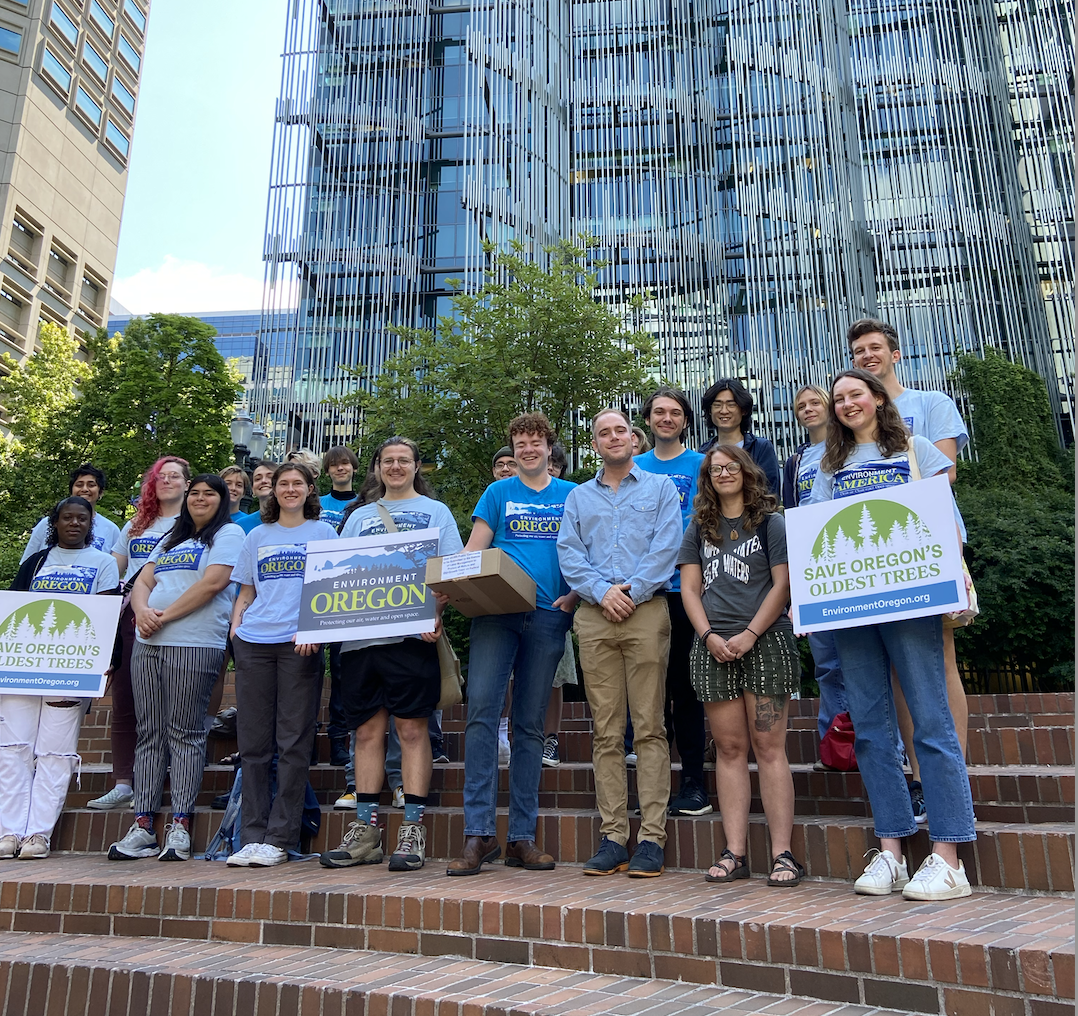
Zero new right whales in 2018: We have to act now before it’s too late
We need to stop the Trump administration’s offshore drilling proposal—because our coastlines are beautiful, because oil drilling leads to spilling, because drilling requires the industrialization of our coasts, and because the right whale is nearing extinction.
The other day I came across a National Geographic article that really made me stop and think: Marine ecologist Mark Baumgartner stated, “Right whales will be gone in 20 years if we do nothing.”
The most important part of Baumgartner’s quote is “if we do nothing.” It is urgent that we view analyses like these as calls to action, and to address the threats facing this majestic species.
As if widespread entanglement in fishing wire and blunt force injuries from large ships aren’t bad enough, right whales face another lethal problem: seismic testing.
Seismic testing is the use of airguns to find oil deposits below the seafloor. It produces a deafening sound loud enough to melt concrete and has drastic effects on the environment, especially for right whales.
Think about how you’d be affected if your world was suddenly flooded with booming sounds louder than Saturn V rockets. You’d be stressed. It would be painful. That’s exactly what’s happening to these whales, and with elevated levels of stress, right whales are struggling to forage, migrate, and even calve newborns.
President Trump’s offshore drilling plan would increase the use of seismic testing and push right whales closer to extinction.
There are fewer than 450 right whales left. Seventeen of them died in 2017. No right whales born this past January or February, the primary calving season for right whales. The math is simple: If we don’t make changes now, then there won’t be any right whales left in the future.
We need to stop the Trump administration’s offshore drilling proposal—because our coastlines are beautiful, because oil drilling leads to spilling, because drilling requires the industrialization of our coasts, and because the right whale is nearing extinction.
The first public comment period for the drilling plan is over, and 1.5 million of us weighed in. Another comment period is upcoming, likely late in 2018, but the meantime, we’re hoping to get even more members of Congress—Republicans and Democrats—to oppose the administration’s drilling plan. But we can’t do it without you: TAKE ACTION TODAY.
Topics
Authors
Steve Blackledge
Senior Director, Conservation America Campaign, Environment America
Steve directs Environment America’s efforts to protect our public lands and waters and the species that depend on them. He led our successful campaign to win full and permanent funding for our nation’s best conservation and recreation program, the Land and Water Conservation Fund. He previously oversaw U.S. PIRG’s public health campaigns. Steve lives in Sacramento, California, with his family, where he enjoys biking and exploring Northern California.
Find Out More

Where in the world do leatherback turtles go?

We’re hiring interns who envision a cleaner, greener world

EPA report says pesticides endanger wildlife


